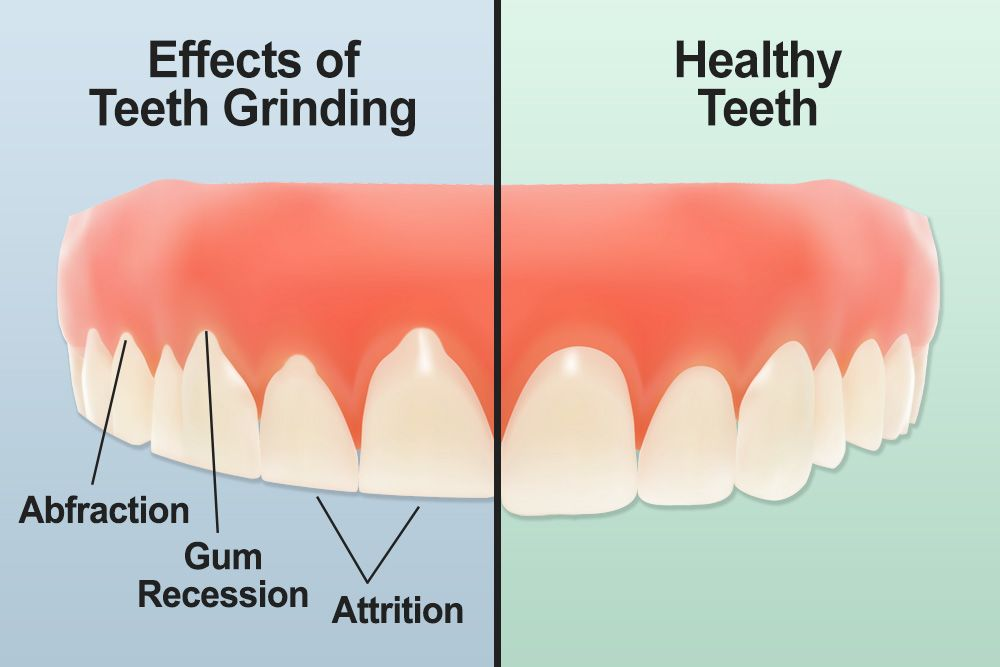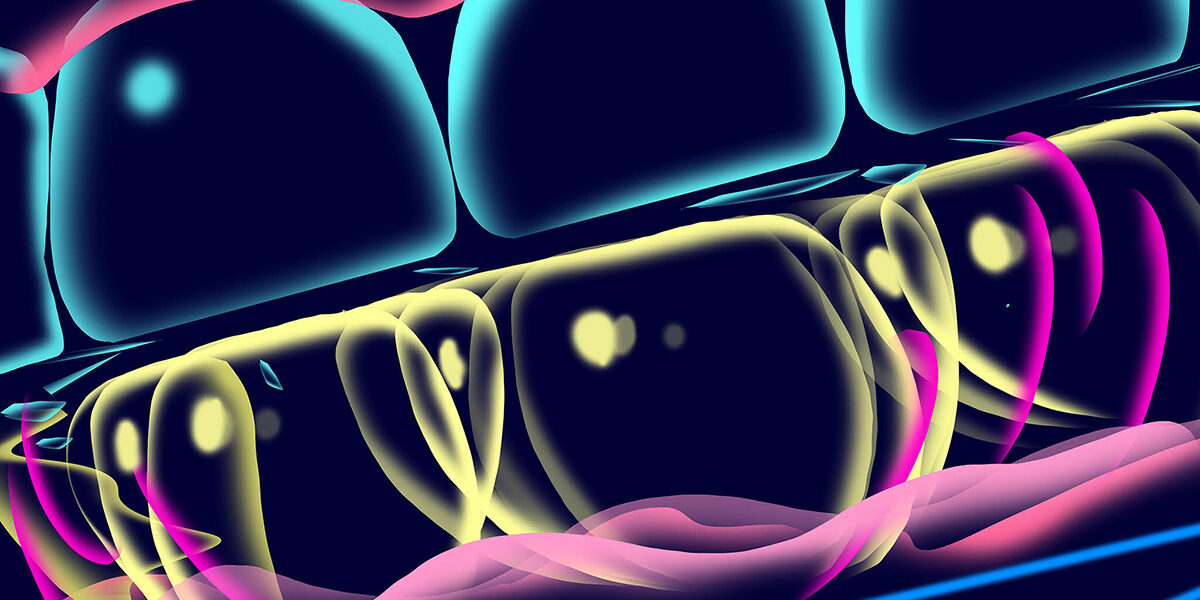4 Imortant points about Dental Bruxism and Tooth Grinding
A huge percentage of patients show some form of effects that are the result of tooth grinding.
Bruxism, or the grinding of the teeth during sleep, is a major problem. The main cause of bruxism is stress, but it’s still considered a sleep disorder.
With so many individuals being faced by a number of pressures today, that could give reason to the fact that many are tooth grinding and jaw clenching.
Without reconstructive dental work, which can be very costly, the damage is basically irreversible.
When Does Tooth Grinding Occur?
Since people are doing tooth grinding in their sleep, they typically don’t know they’re doing it at all.
In fact, a lot of patients will insist that they do not grind their teeth. The fact that they do, however, is evidenced by the damage done to their teeth. One of the biggest signs is when one’s teeth are worn down and uneven.
Eventually, symptoms such as having tired jaw muscles when you wake up will point to the fact that tooth grinding has been occurring.

Managing Bruxism
In an effort to combat tooth grinding, you could wear a guard. If you don’t, you may eventually feel sharp spots on your teeth from where you were grinding them the night prior.
Your teeth should not feel sharp, but instead smooth and rounded.
The best solution for teeth grinding is prevention; it is important to prevent the destruction in the first place.
There are times, however, when it is too late; in this case, you may need to have major reconstruction work done, along with full rehabilitation, to include crowns.
In general, this can be quite a costly procedure.
Grinding
The initial impact of bruxism is fairly slow. In essence, the enamel thickness is worn down over the course of time.
With that being said, enamel is strong and resilient. Therefore, wearing it down takes quite a long time; up to around 10 years.
After piercing the enamel, though, you reach the layer of dentine. This layer is quite soft and almost soapy in nature; it dissolves really quickly.
The acceleration process is critical.
Prevention vs. Cure
With all that has been shared, it is important to note that a grinding guard is critical as it pertains to the prevention of bruxism; this is especially essential if you have crowns.
The best form of management in that regard is a grinding guard.
A grinding guard is similar to a mouth guard, but it is designed with harder plastic.
The guard sits on either your top or bottom teeth during the night.
In theory, you grind away on the grinding guard, and not your teeth.
It is truly the perfect solution!







